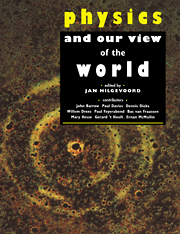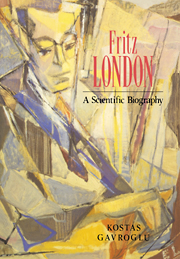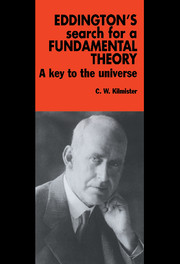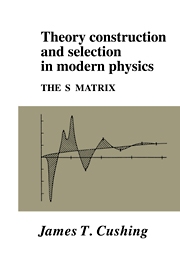Physics and our View of the World
One of the central questions of physics is whether or not a theory of everything is possible. Many physicists believe that such a theory might be attainable, a belief that has led to speculation that we might one day "know the mind of God." The philosophical implications of having a blueprint for the Universe are a subject of great debate. In this fascinating book, a group of distinguished physicists and philosophers examine not only the claims of modern physics, but also the impact these claims have on our view of the world. Among the contributors are: Jan Hilgevoord, Gerard 't Hooft, John Barrow, Dennis Dieks, Ernan McMullin, Bas van Fraassen, Paul Feyerabend, Willem Drees, Paul Davies, and Mary Hesse. At a time when many people view science with deep suspicion, this book will be of great interest to anyone wishing to explore the complex relationships that exist between physics and philosophy, theology and ideology.
- Unique text which examines the relationship between physics and philosophy
- Well-known contributers, i.e. Paul Davies
- Accessible to a wide readership
Reviews & endorsements
"...the essays...are unique in presenting the views of physicists and philosophers on an equal footing." J.C. Amato, Choice
Product details
November 1994Paperback
9780521476805
316 pages
246 × 189 × 17 mm
0.57kg
12 b/w illus.
Available
Table of Contents
- Foreword
- 1. Introduction JAN HILGEVOORD
- 2. Questioning the answers GERARD T. HOOFT
- 3. Theories of everything JOHN BARROW
- 4. The scientific view of the world DENNIS DIEKS
- 5. Enlarging the world ERNAN McMULLIN
- 6. The world of empiricism BAS VAN FRAASSEN
- 7. Has the scientific view of the world a special status compared with other views? PAUL FEYERABEND
- 8. Quantum theory and our view of the world PAUL FEYERABEND
- 9. Interpretation of science - science as interpretation BAS VAN FRAASSEN
- 10. Problems in debates about physics and religion WILLEM DREES
- 11. The mind of God PAUL DAVIES
- 12. The sources of models for God: metaphysics or metaphor? MARY HESSE
- 13. Discussion.






